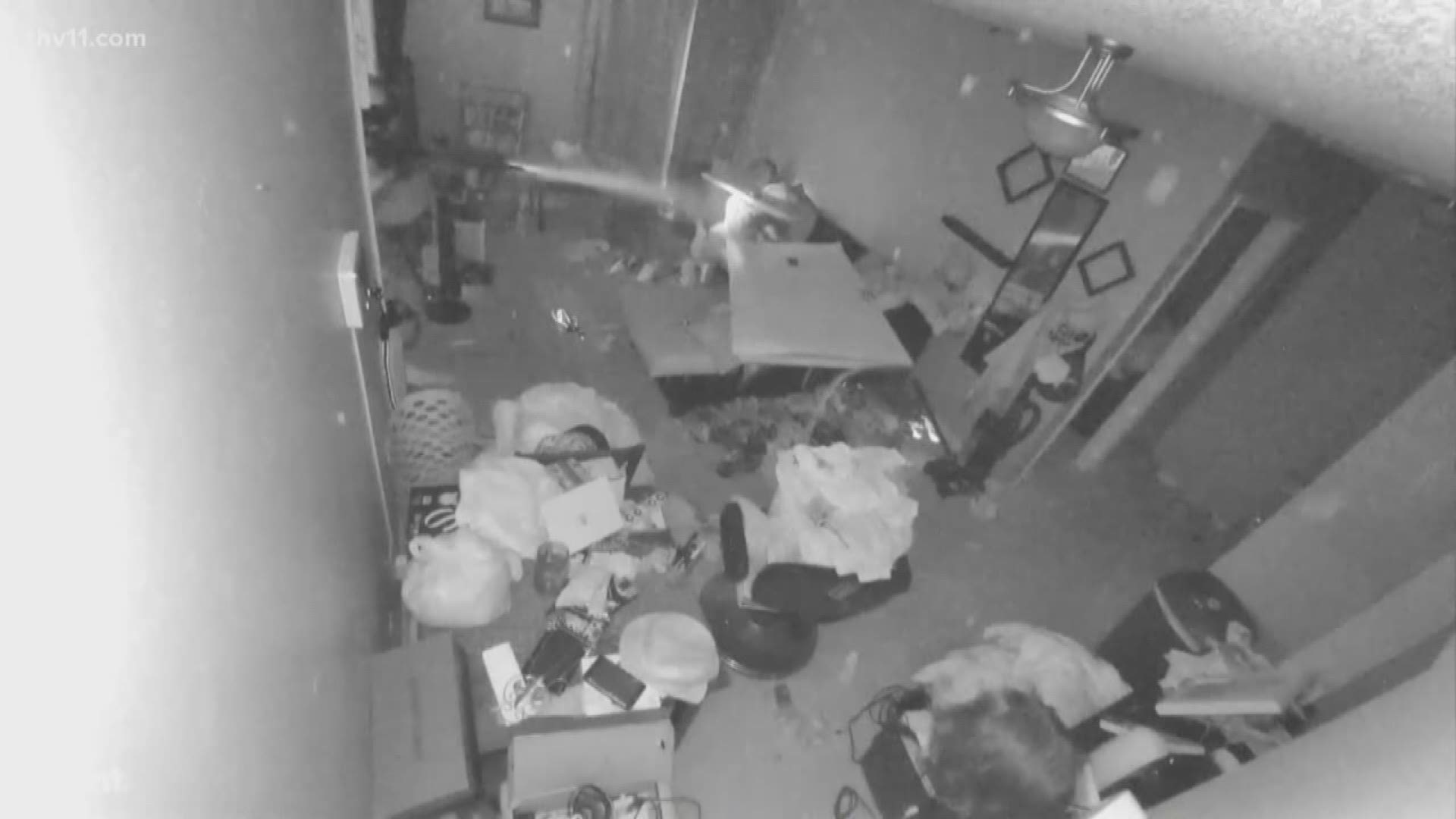LITTLE ROCK, Ark. — The Little Rock Police Department has outlined changes to the way it executes narcotics search warrants.
"We want citizens to rest assured our main focus is their safety," Police Chief Keith Humphrey said.
In October, Little Rock resident Roderick Talley filed a lawsuit against the City of Little Rock claiming the Little Rock Police Department falsified a no-knock affidavit to raid his home for drugs.
In the months following Talley's accusations, others have come forward with similar claims against LRPD.
"We heard the community. We understood the concerns. We understand that we can always do things better," Chief Humphrey said on Wednesday.
Police Chief Keith Humphrey says those efforts have escalated since he took over as chief, but began as early as 2017.
On Wednesday, a new threat assessment protocol took effect. Detectives will be required to complete the assessment when determining whether a warrant should be a "no-knock" or "knock and announce."
"It all depends on the information we receive on the intelligence that's received to determine what form of entry we will make," Humphrey said.
The assessment multiple factors, including a suspect's prior offenses, military background, and mental health status into account. It also considers presence of weapons and monitoring devices.
Policy changes also include added oversight for detectives requesting a warrant.
"We now have a supervisor reviewing the affidavit prior to submitting it to the judge to make sure we adhere to our strict guidelines," said Captain Ken Temple, who oversees LRPD's Special Investigations Division.
After a warrant is executed, the affidavit and threat assessment will be forwarded to Chief Humphrey for an audit.
"This is a serious matter," Mayor Frank Scott Jr. said. "This acknowledges that when there is an opportunity for improvement, to lead with improvement."
LRPD says cooperating individuals, or informants, will be vetted prior to participation and further investigated at least once per year.
Mike Laux, an attorney representing Roderick Talley and others with similar claims, tells THV11 the policy changes announced Wednesday are a step in the right direction, but that they "do not solve the problems of the past."

